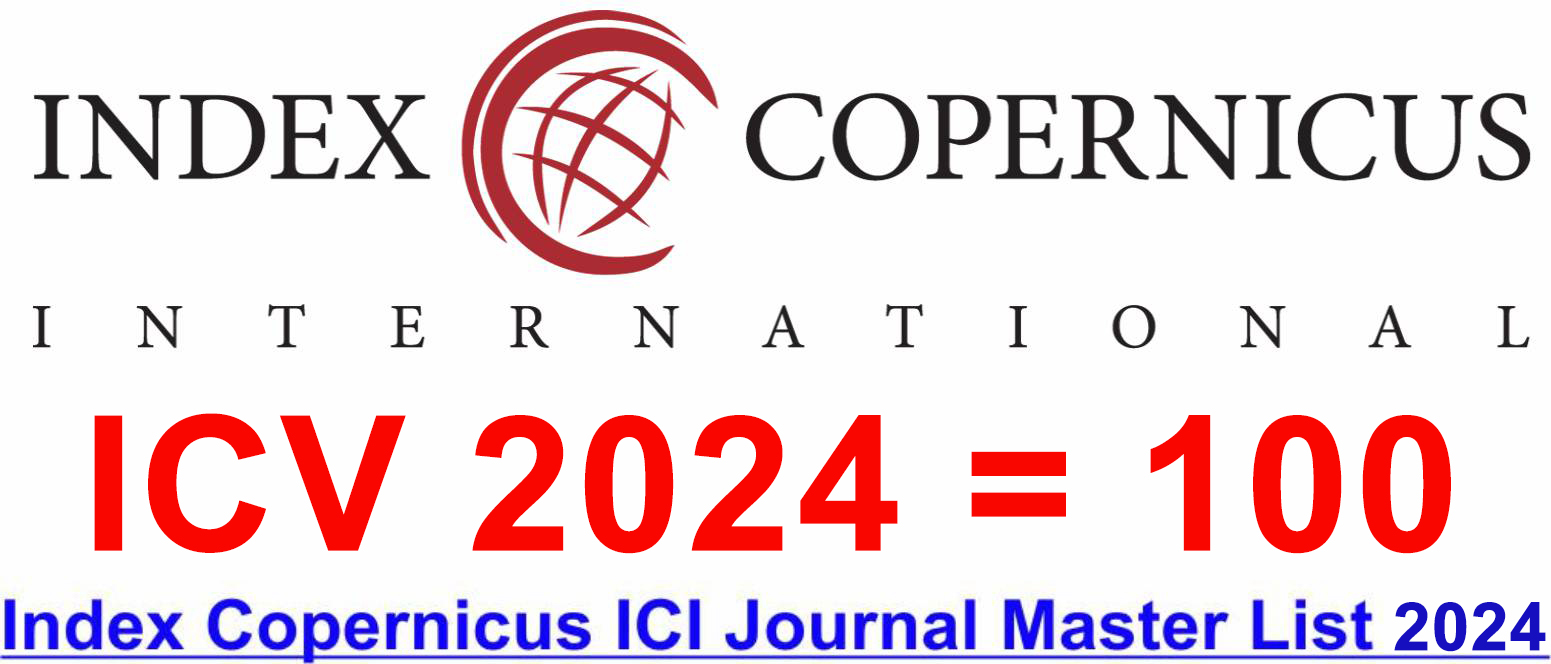Cyclical and Seasonal Patterns of India’s GDP Growth Rate Through The Eyes of Hamilton and Hodrick Prescott Filter Models
DOI:
https://doi.org/10.46977/apjmt.2021v01i03.002Keywords:
Cyclical Trend, Seasonal Fluctuation, H.P.Filter, Hamilton filter, Autoregressive Integrated, Moving AverageAbstract
The paper endeavours to analyse the cyclical fluctuation, seasonal movement and trends of Indian GDP growth rate by applying both Hodrick-Prescott filter and Hamilton filter models taking St.Louisfred quarterly data from 2011Q4 to 2019Q4.The paper concludes that the seasonal adjustment and actual GDP growth rate of India have been merged with each other and they are identical in both the models. But the cyclical trend in H.P.Filter showed one upward humped but Hamilton filter showed cyclical fluctuations with two peaks and troughs and the seasonal variations are v shaped and highly volatile. Hamilton seasonal variations have been verified by applying residual test of correlogram which explained that autocorrelation and partial autocorrelation functions moved around both the sides significantly. Hamilton regression filter model is extended to forecasting ARIMA (1,0,0) model for 2030 which confirmed stationarity and stability. Even, the final trend cycle of GDP growth rate of India converges towards stationary process for 2025. Countercyclical fiscal and monetary policy including financial management strategies have been incorporated.
Downloads
References
Batchelor, R., &Dua, P. (1997). Consumer Confidence and The Probability of Recession: A Markov Switching Model. (Working paper 47). Centre for Development Economics, Delhi School of Economics(No.47).http://cdedse.org/pdf/work47.pdf
Baxter, M., & King, R. G. (1999). Measuring business cycles: approximate band-pass filters for economic time series. Review of Economics and Statistics, 81(4), 575-593.Retrieved from: http://www.mitpressjournals.org/doi/pdf/10.1162/003465399558454
Bosupeng, M. (2019). Forecasting tourism demand: The Hamilton filter. Annals of Tourism Research, 79(C).DOI: 10.1016/j.annals.2019.102823
Box, G. E., & Jenkins, G. M. (1976). Time series analysis: Forecasting and control. San Francisco. Calif: Holden-Day.
Cekin, S. E., Gupta, R., & Olson, E. (2020). The Taylor Curve: International Evidence.(Working Paper No. 2020-34).
http://www.up.ac.za/media/shared/61/WP/wp_2020_34.zp189346.pdf.
Christiano, L. J., & Fitzgerald, T. J. (2003). The band pass filter. International economic review, 44(2), 435-465.Retrieved from https://doi.org/10.1111/1468-2354.t01-1-00076
Colak, M. S., Guney, I. E., Senol, A., & Yilmaz, M. H. (2019). Monitoring and Forecasting Cyclical Dynamics in Bank Credits: Evidence from Turkish Banking Sector.
(Working Paper No. 1929).Research and Monetary Policy Department, Central Bank of the Republic of Turkey.Available athttps://ideas.repec.org/p/tcb/wpaper/1929.html
Diallo, I. (2020). HAMILTONFILTER: Stata module to calculate the Hamilton Filter for a Single Time Series or for a Panel Dataset.Statistical Software Components S458449. Boston College. Available athttps://ideas.repec.org/c/boc/bocode/s458449.html
Hamilton, J. D. (2018). Why you should never use the Hodrick-Prescott filter. Review of Economics and Statistics, 100(5), 831-843.Retrieved from http://www.mitpressjournals.org/doi/pdf/10.1162/rest_a_00706
Henderson, R. (1916). Note on graduation by adjusted average. Transactions of the actuarial Society of America, 17, 43-48. https://rivista-statistica.unibo.it/article/view/3597
Higgins, M. L., & Ofori-Acheampong, F. (2018). A Markov Regime-Switching Model with Time-Varying Transition Probabilities for Identifying Asset Price Bubbles. International Journal of Economics and Finance, 10(4), 1-14.DOI:10.5539/ijef.v10n4p1
Hodrick, R. J., & Prescott, E. C. (1997). Postwar US business cycles: an empirical investigation. Journal of Money, Credit, and Banking, 1-16.Retrieved fromhttp://www.jstor.org/stable/2953682
Jönsson, K. (2020). Cyclical Dynamics and Trend/Cycle Definitions: Comparing the HP and Hamilton Filters. Journal of Business Cycle Research, 16(2), 151-162. Retrieved from https://ideas.repec.org/a/spr/jbuscr/v16y2020i2d10.1007_s41549-020-00039-x.html.
Mohr, M. F. (2005). A trend-cycle (-season) filter. http://hdl.handle.net/10419/152933
Published
How to Cite
Issue
Section

This work is licensed under a Creative Commons Attribution-NonCommercial 4.0 International License.



















